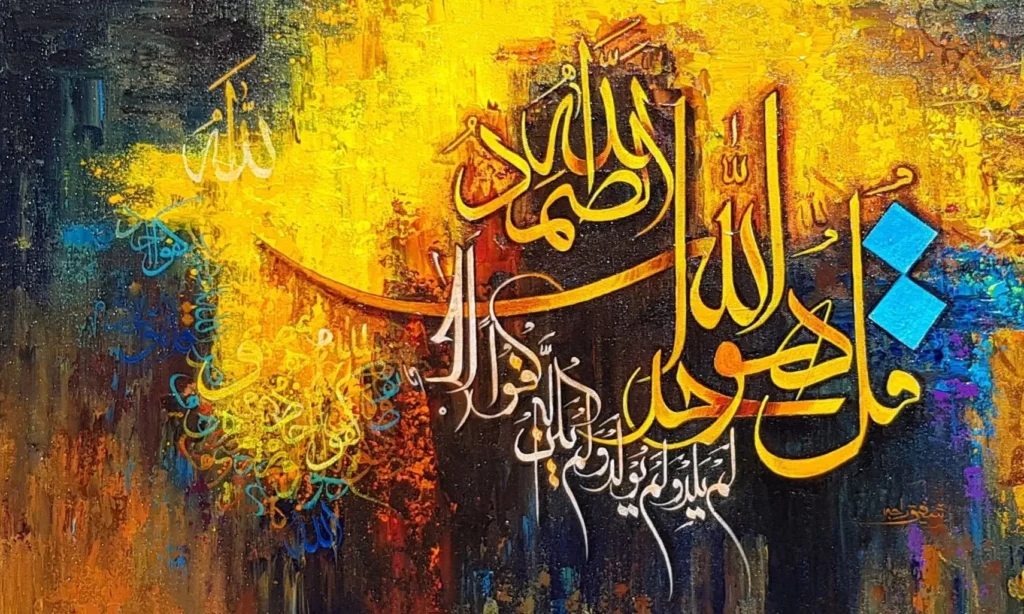Introduction
The Significance of Learning Spoken Arabic:
Arabic is not merely a language; it is a key to understanding the depth of Islamic culture, history, and tradition. While written Arabic is essential for accessing classical texts, spoken Arabic is equally crucial for effective communication, especially in everyday interactions and within the context of the global Muslim community.
- Enhanced Connection with Islamic Heritage: Learning spoken Arabic allows individuals to connect more intimately with the Islamic heritage. It opens doors to understanding the Quran, Hadith, and other Islamic texts in their original language, fostering a deeper spiritual connection.
- Effective Communication in Arabic-Speaking Communities: In a world where Arabic is spoken across numerous countries, mastering spoken Arabic facilitates communication in various social and professional settings. This skill is invaluable for those involved in international business, diplomacy, or humanitarian work.
- Cultural Immersion: Understanding spoken Arabic enables individuals to immerse themselves in the rich tapestry of Arab culture. From poetry to music, daily conversations to traditional celebrations, spoken Arabic provides access to a world of cultural nuances that written language alone cannot convey.
Darul Falah Türkiye: A Leading Center for Arabic Education:
Amidst the plethora of educational institutions, Darul Falah Türkiye stands out as a distinguished center for Islamic education, with a particular focus on teaching Arabic. The institute’s commitment to excellence, combined with its comprehensive curriculum, makes it a trusted destination for those seeking to learn Arabic in the context of Islamic education.
Comprehensive Arabic Curriculum: Darul Falah Türkiye’s Spoken Arabic Course goes beyond basic language skills. It incorporates elements of Islamic history, culture, and etiquette, providing students with a holistic understanding of the language within the context of their faith.
Experienced Instructors: At the heart of any successful language course is the quality of its instructors. Darul Falah Türkiye boasts a team of experienced and qualified educators who not only excel in teaching Arabic but also bring a deep understanding of Islamic principles to the classroom.
Interactive Learning Environment: Recognizing the importance of practical language skills, Darul Falah Türkiye creates an interactive learning environment. Through conversations, role-plays, and real-life scenarios, students gain the confidence to use Arabic in their daily lives.
Flexible Learning Options: Whether you are a student, a working professional, or someone with a busy schedule, Darul Falah Türkiye understands the need for flexibility. The institute offers a range of courses, including online options, making it accessible to learners from around the world.


